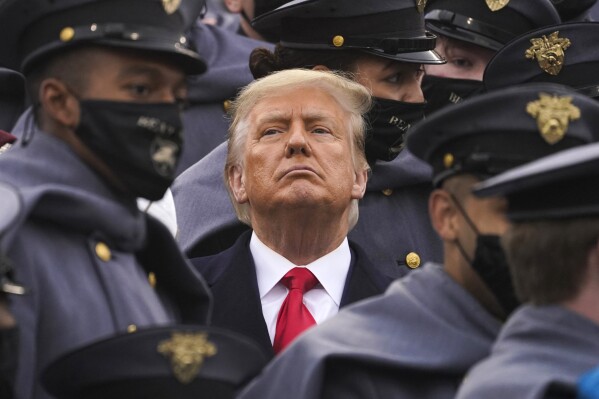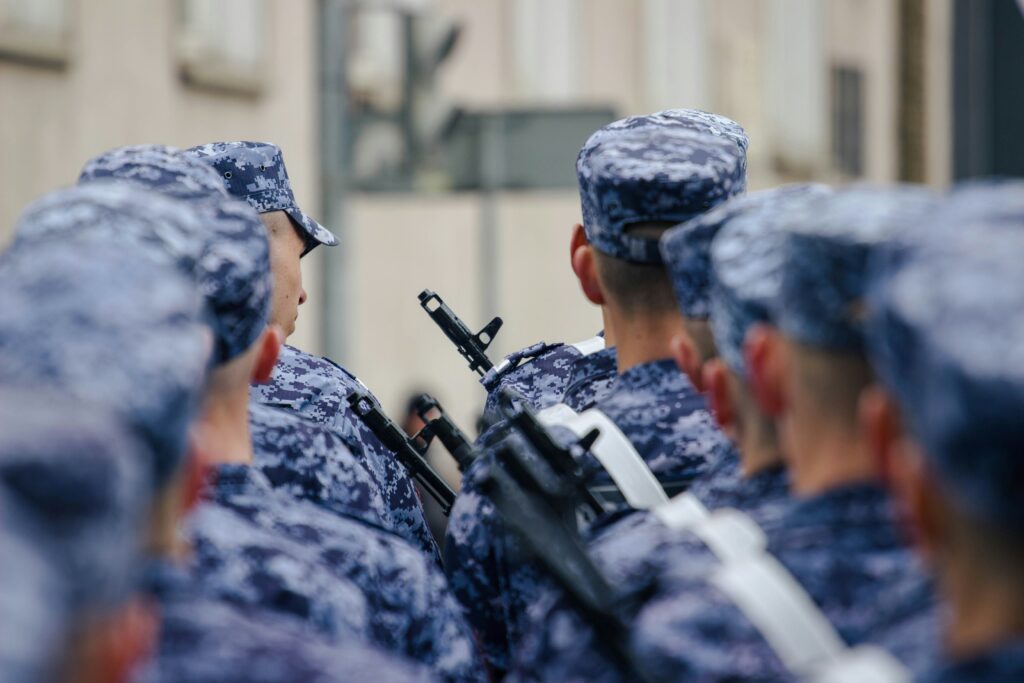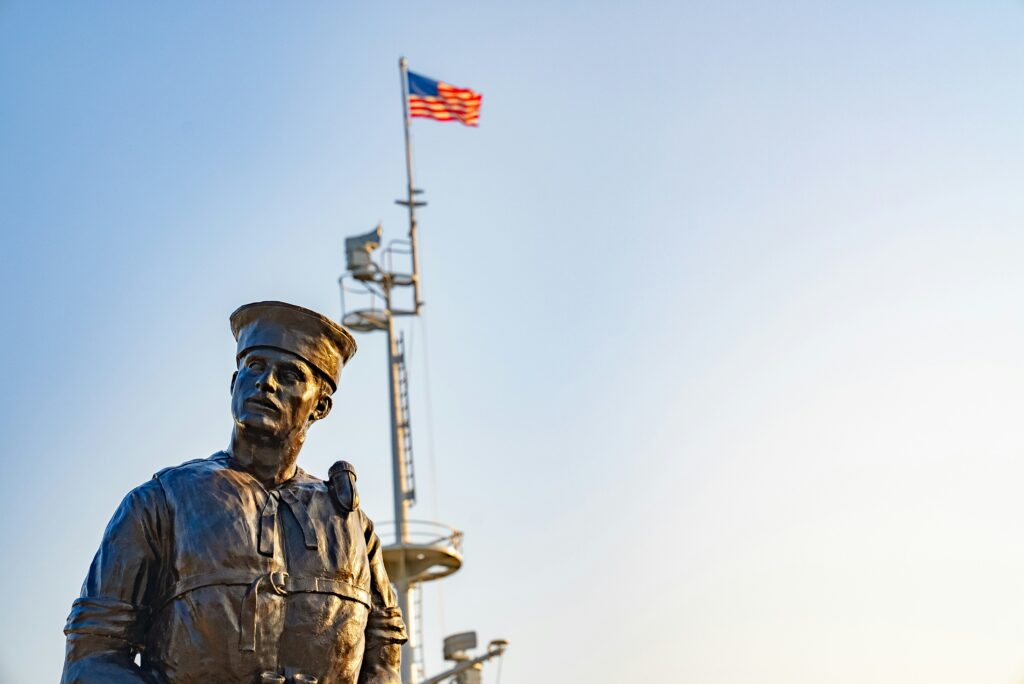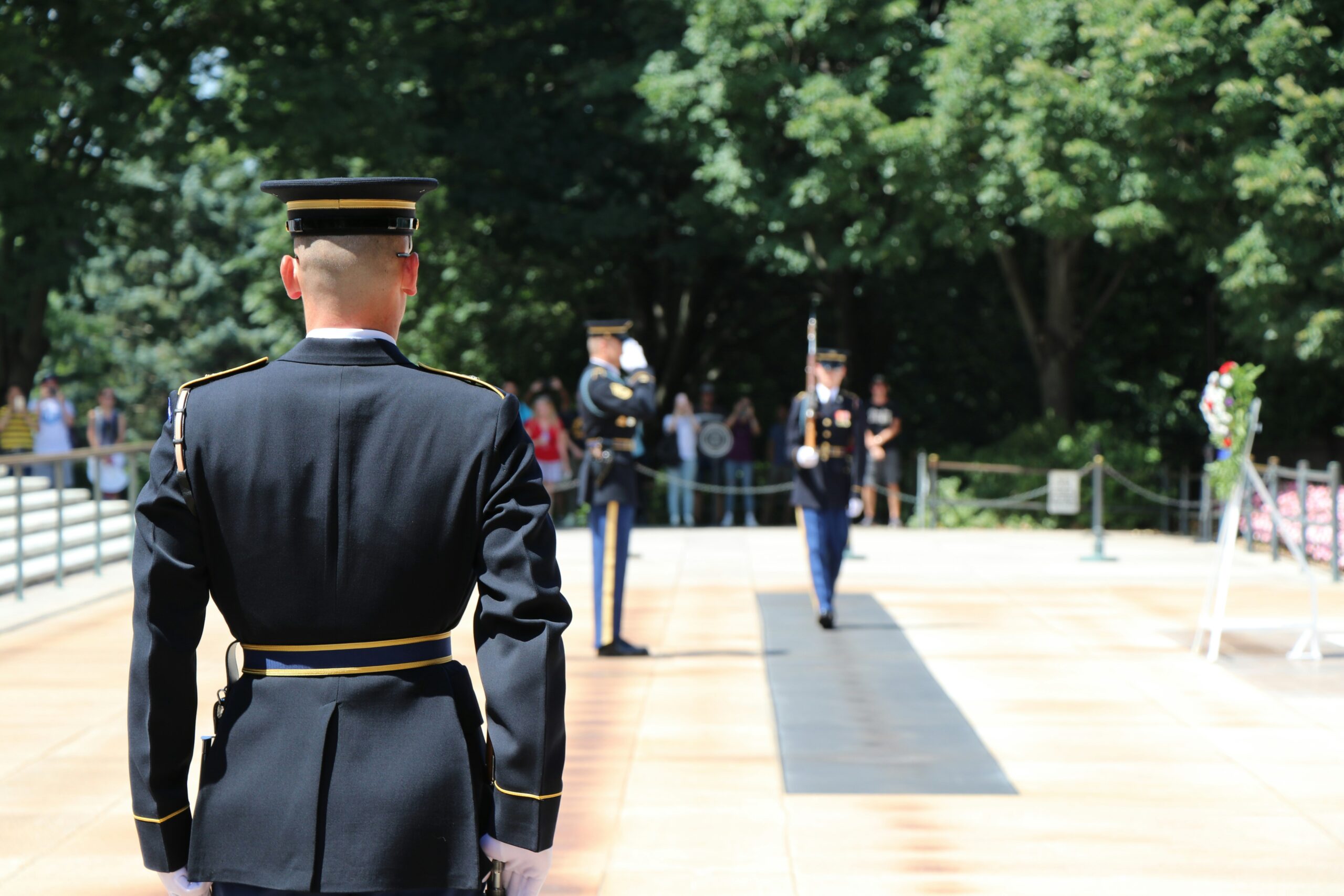Fort Bragg Controversy: When Politics Cross Military Boundaries
Introduction: A Routine Visit Turns Political
President Donald Trump’s visit to Fort Bragg was meant to celebrate the U.S. Army’s 250th birthday. But instead of uplifting the troops, the speech became a political rally. What was supposed to be a ceremonial moment shifted into controversy. The event raised concerns about political bias and military ethics.

The Incident: A Line Crossed
At the event, Trump criticized California leaders like Governor Gavin Newsom and Los Angeles Mayor Karen Bass. His remarks came after he ordered federal troops to respond to protests in Los Angeles. Uniformed soldiers behind him were seen cheering and booing, actions normally prohibited by Pentagon rules.
According to DoD regulations, soldiers must remain politically neutral, especially while in uniform.
Such open partisanship challenges the military’s duty to remain nonpolitical.
Audience Control and Appearance Rules
Internal messages from the 82nd Airborne Division show that soldiers were selected based on their political stance and looks. One directive even stated, “No fat soldiers.” Troops who disagreed with the administration were told they could opt out.
This kind of curation raises serious questions. Does it reflect the inclusive and respectful culture the military claims to uphold?
Campaign Merchandise on Base: A Red Flag
A pop-up shop on the base sold pro-Trump merchandise such as “Make America Great Again” gear. This is a clear violation of Department of Defense rules.
Read more about DoD’s political activity policy.
Selling campaign items on federal property breaks the military’s promise to stay politically neutral. It also risks creating the appearance of endorsement.

Why Military Neutrality Matters
Neutrality in the armed forces ensures all Americans trust their military. Service members are expected to represent the nation as a whole—not any one political party. Remaining neutral helps:
- Preserve unit cohesion
- Maintain public trust
- Support equal service under law
For more info, see Military OneSource Political Guidelines.
Expert Opinions: Long-Term Risks
Many veterans and scholars spoke out. Retired Lt. Gen. Russel Honoré called the event “inappropriate.” Others warned it could normalize partisanship in the military.
Learn more from Brookings’ report on civil-military relations.
If neutrality fades, the military could face internal divisions. Morale could suffer, and public faith might decline.
Presidential Use of Military Settings: A Slippery Slope
Presidents often speak to troops. But there’s a difference between honoring service and using troops as political props. Trump’s speech went further than most, encouraging partisan reactions from soldiers in uniform.
Even President Biden faced criticism for giving a political speech flanked by Marines. The backlash shows that the issue cuts across party lines.
The Fallout: Division and Distrust
When troops show political bias publicly, it affects more than image. It can damage:
- Teamwork
- Recruitment and retention
- Mission focus
In a diverse force, unity matters. Political division among soldiers weakens their ability to function as one.
Fixing the Problem: Steps for Leadership
Preventing future incidents means taking action. Leadership must:
- Clearly explain the rules
- Investigate violations
- Educate service members on ethics
- Set consistent examples
Military ethics training should be ongoing—not a one-time lecture.
DoD Statement on Political Neutrality
The Department of Defense is clear:
“Active-duty members must not engage in partisan political activities while in uniform or on duty.”
This policy supports the American ideal of a military that serves the Constitution—not a political party.
Helpful Resources for Deeper Insight
- RAND: Maintaining Military Ethics
- CSIS: Civil-Military Relations
- Military OneSource: Political Activity Guide
- U.S. Army Ethics Page

Conclusion: The Military Must Stay Neutral
The Fort Bragg controversy shows how easily political lines can be crossed. The military must work harder to keep its distance from partisan events. Upholding neutrality isn’t optional—it’s essential.
With clear guidance, leadership, and ethical training, the armed forces can remain a trusted, apolitical institution.
Explore more at National Defense University – Civil-Military Studies
Or read Heritage Foundation: Civil-Military Balance






